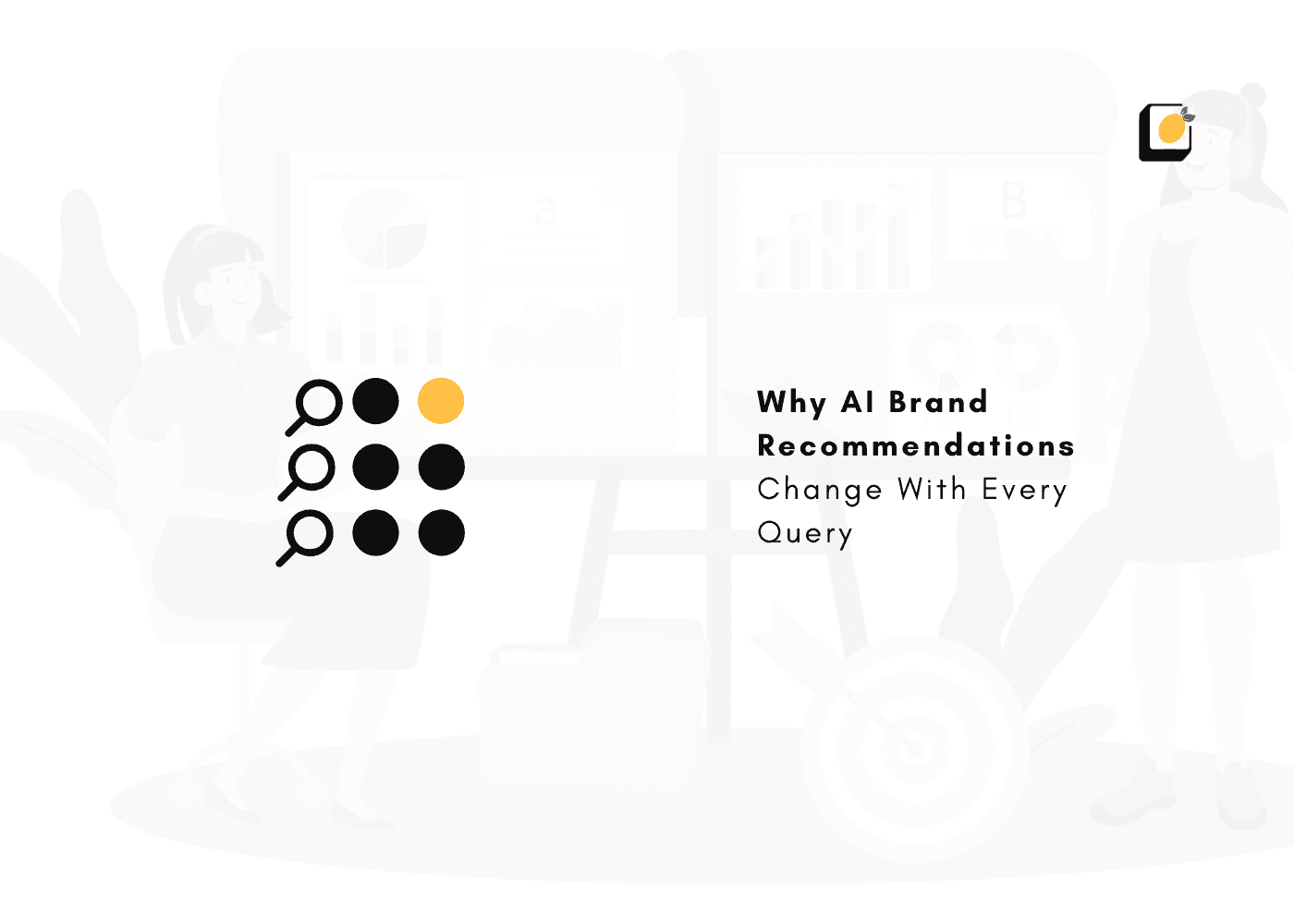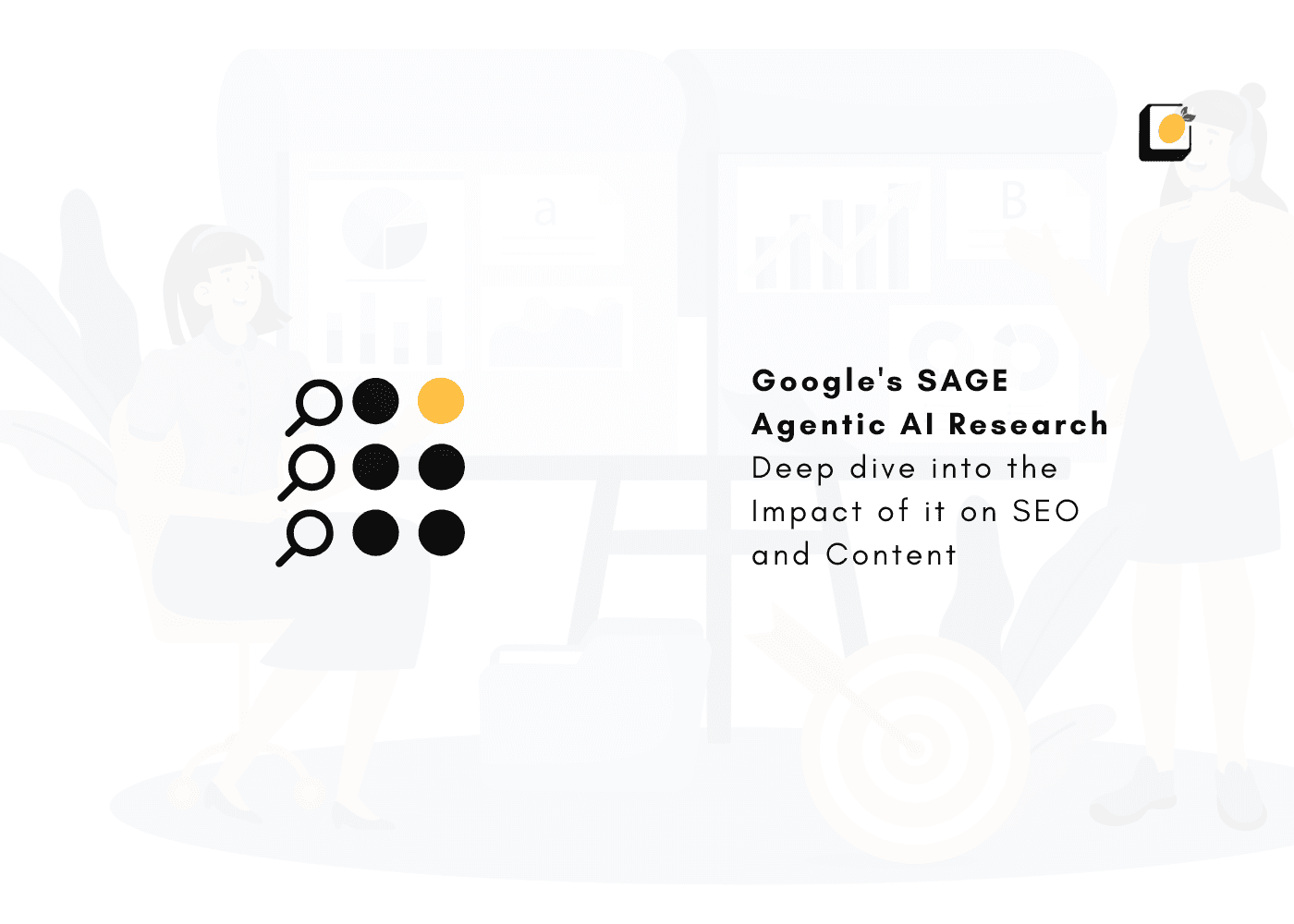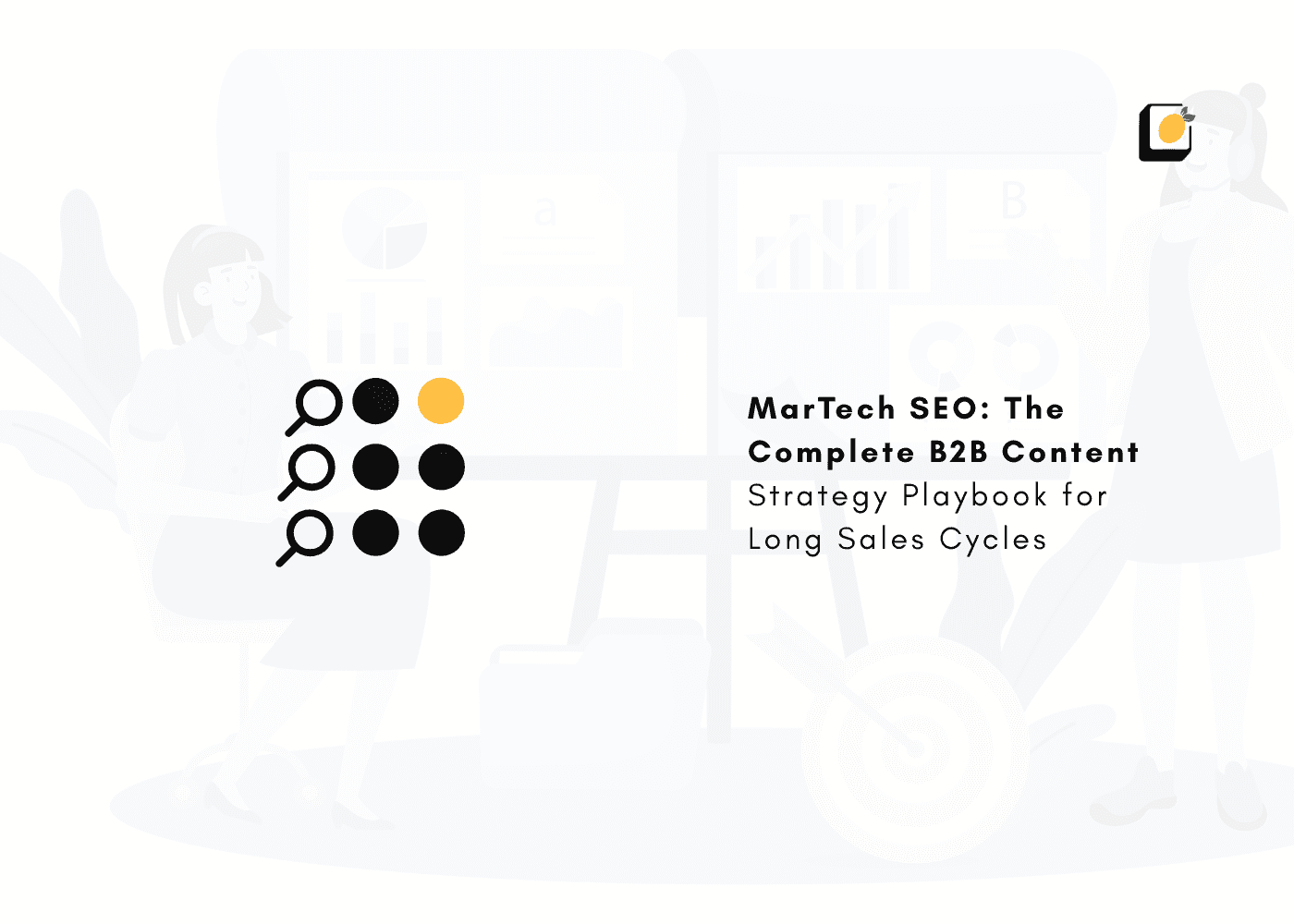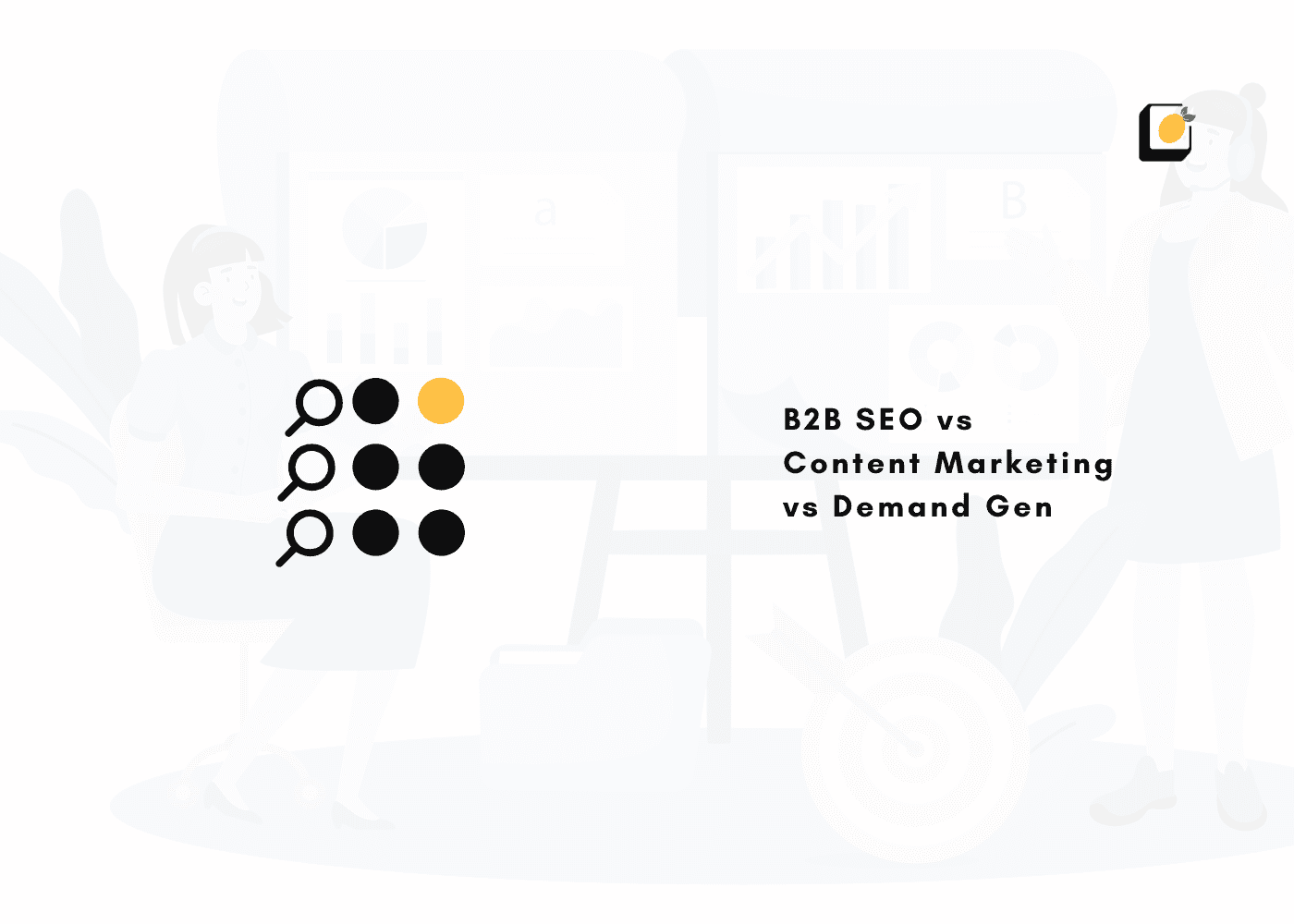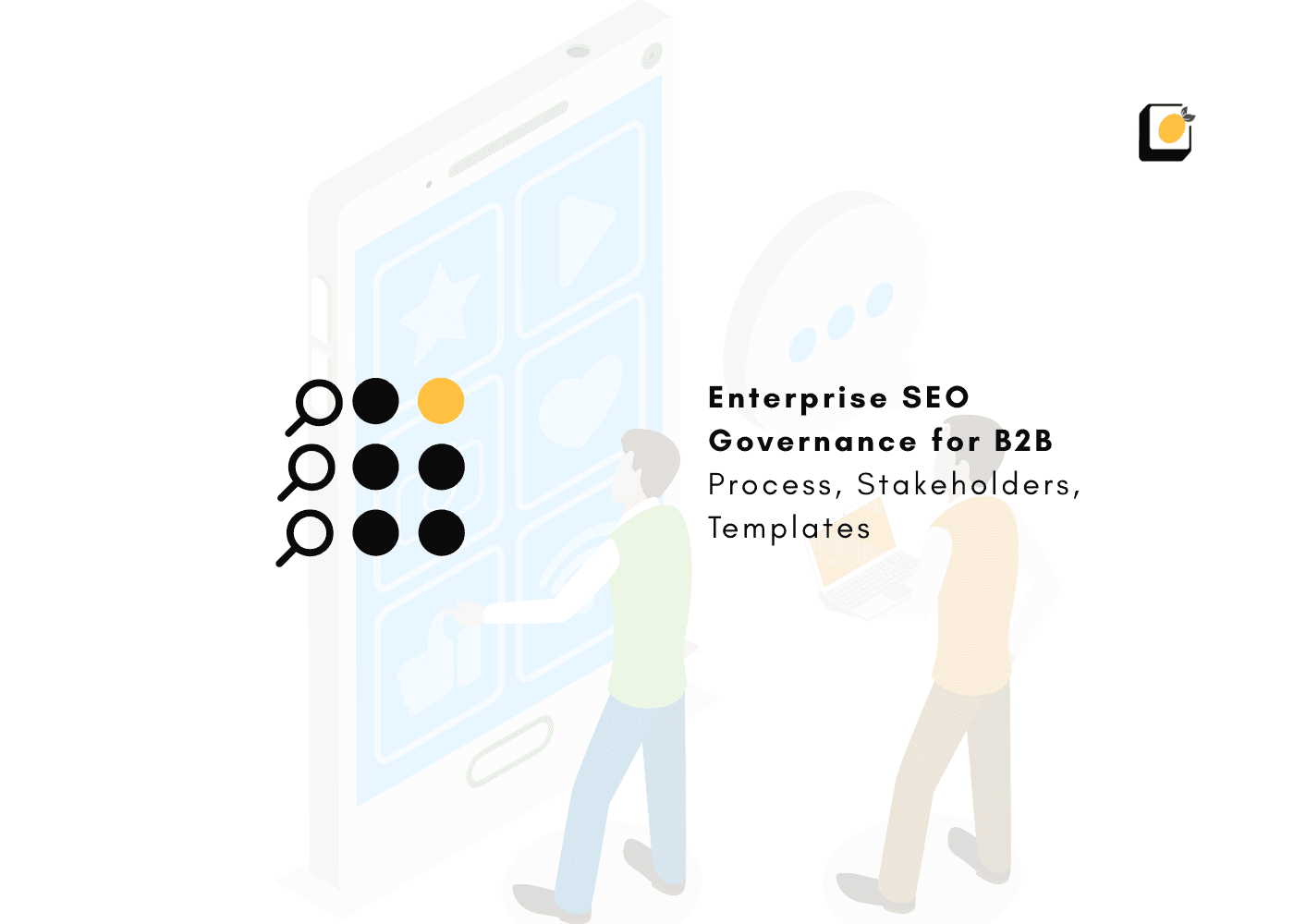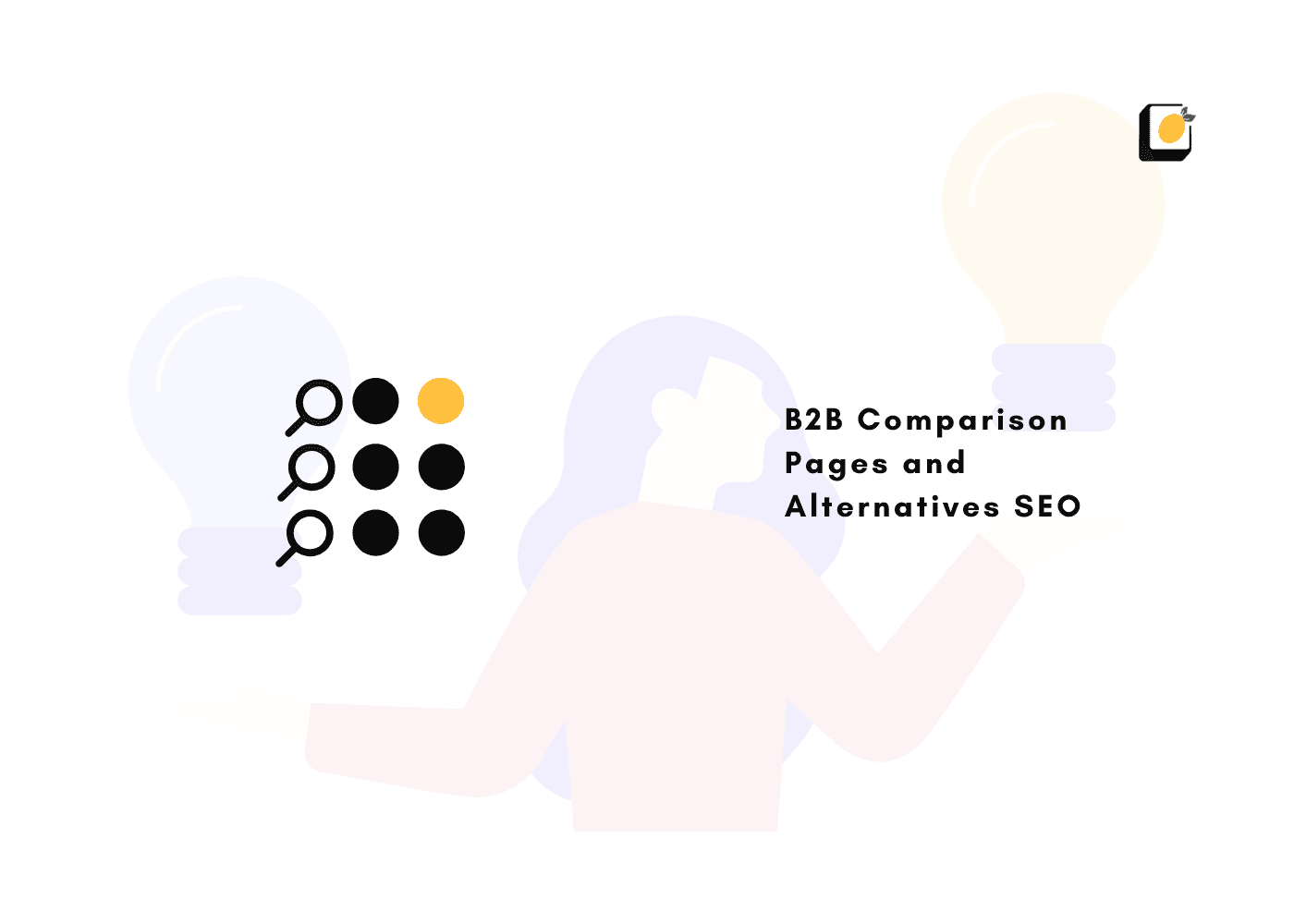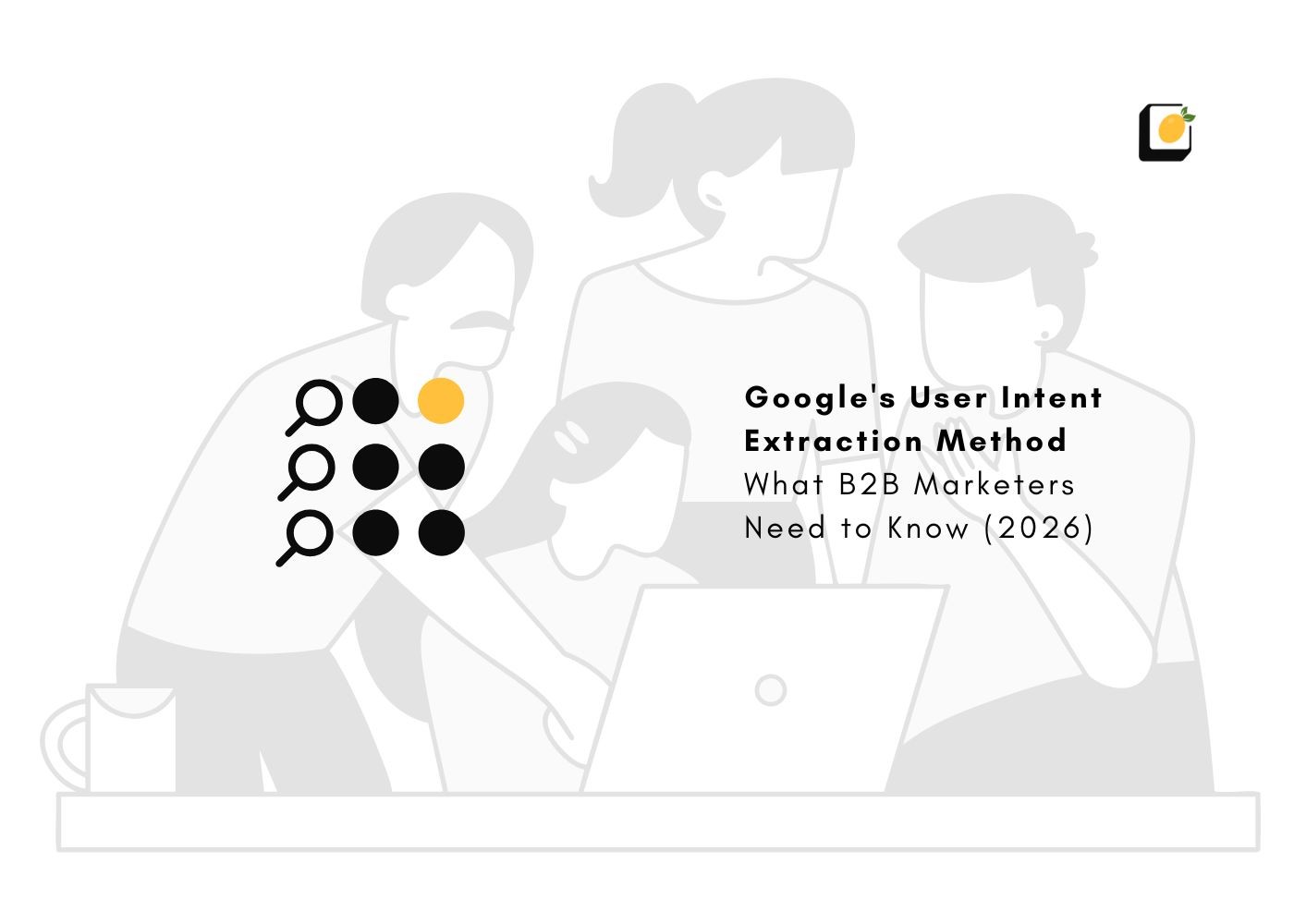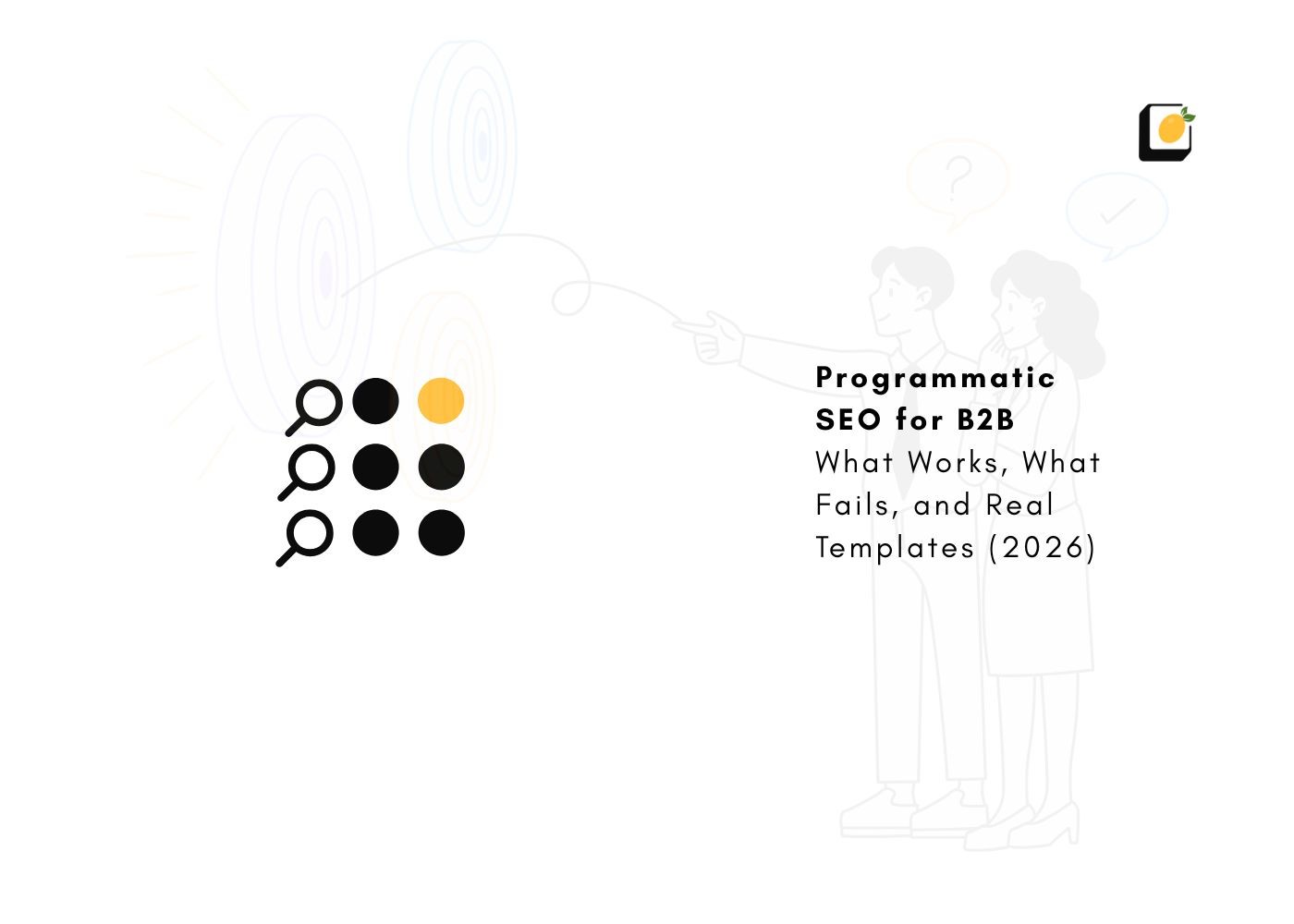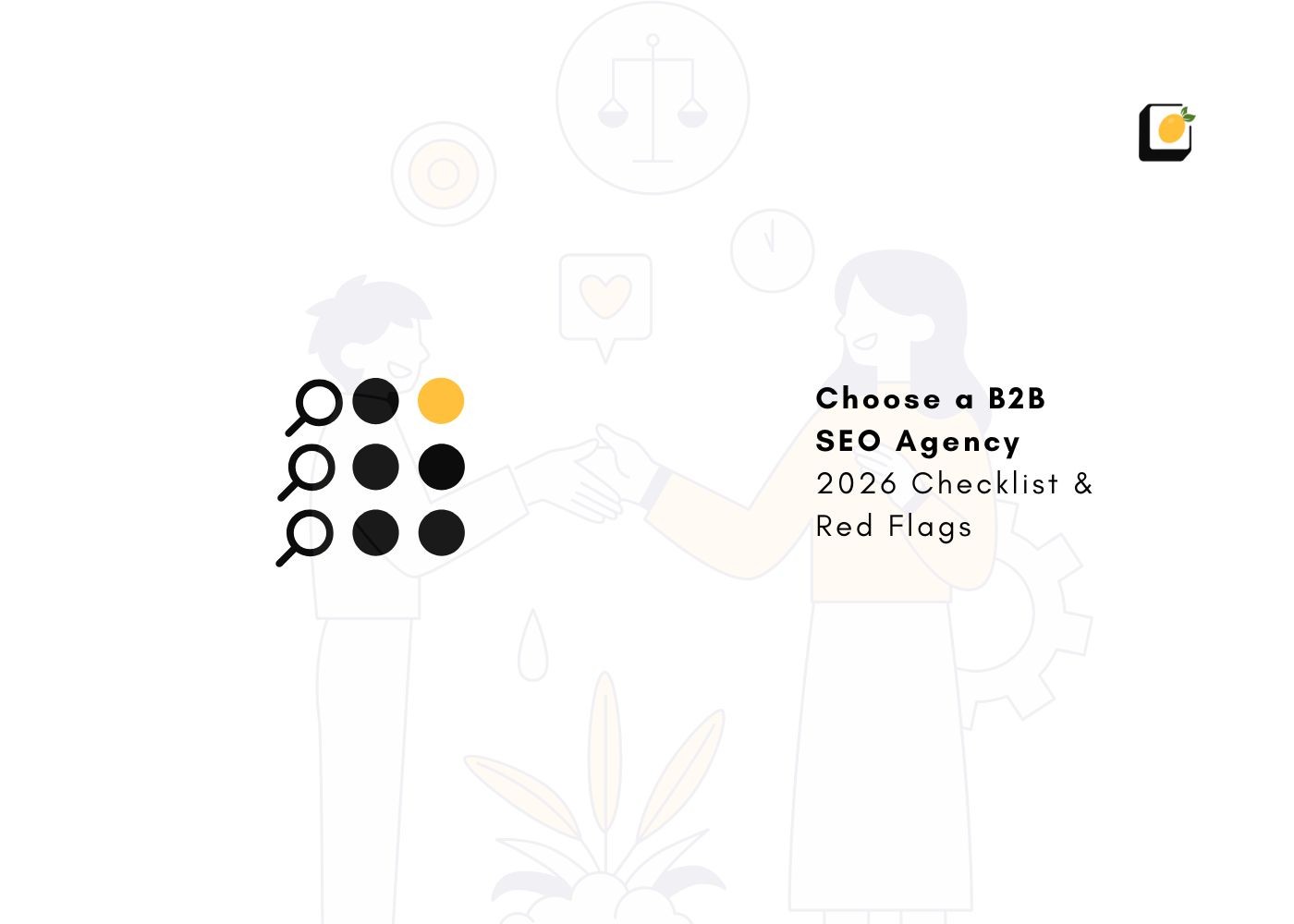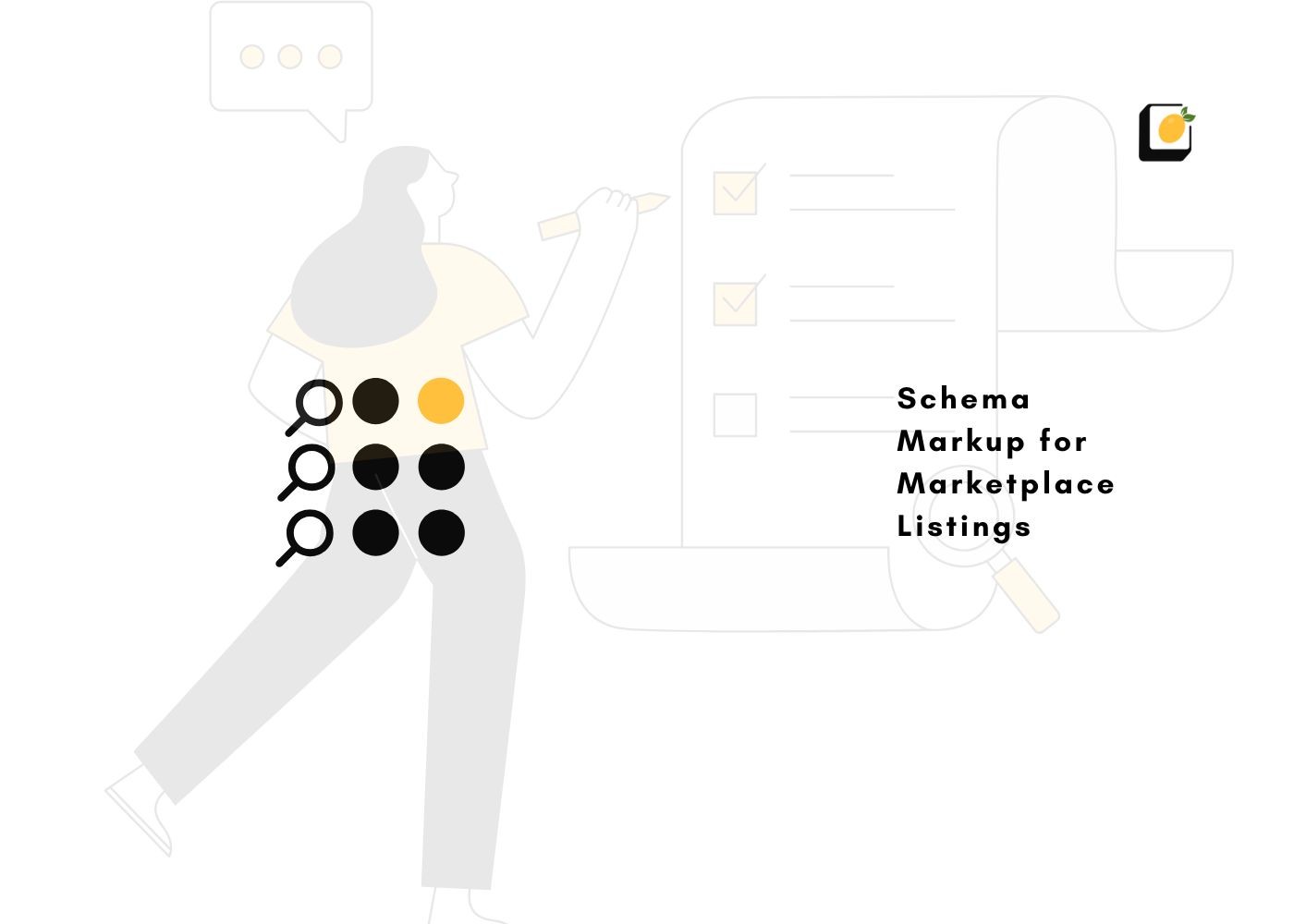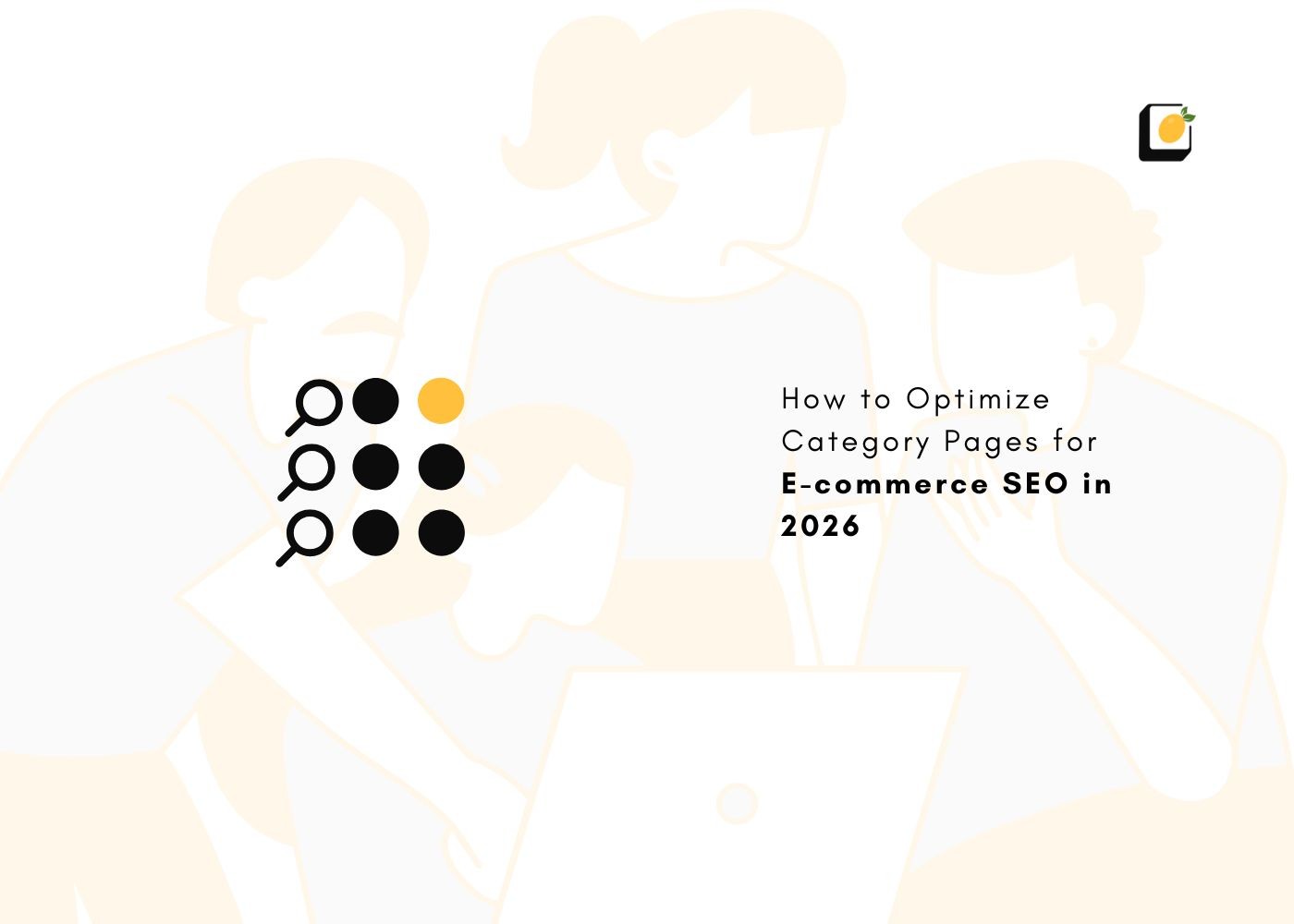AI Search vs SEO: Why AI Answers Beat SERPs Every Time (And What To Do About It)
October 4, 2025
Join 500+ brands growing with Passionfruit!
Artificial Intelligence is not just changing how people search, it’s rewriting the rules of online visibility. In 2025, AI-powered engines like ChatGPT, Perplexity, and Google’s AI Overviews are challenging what we’ve always known about SEO. Users no longer have to scroll through ten blue links; they get immediate, conversational answers, summarized, sourced, and simplified.
The question every marketer is now asking: If AI is answering queries directly, how do you make sure your brand still shows up?
That’s where the battle between AI Search and traditional SEO begins. The brands that win are not those ranking highest on Google, but those being cited, quoted, and referenced by AI models.
The Evolution of Search: From Keywords to AI Answers
Traditional SEO was built on keyword matching, align your content with what users type into Google, and you’ll appear in the top results. But AI search doesn’t work that way. Large Language Models (LLMs) like GPT-4 or Gemini understand context, intent, and meaning beyond keywords.
Instead of “ranking” content, AI engines synthesize it. They crawl, summarize, and paraphrase insights into conversational responses. That means the old “rank 1 on Google” mindset is no longer enough. The new goal? Become part of the AI answer. If you want to know why your brand is not showing up in AI search, refer to this Key Fixes blog by Passionfruit.
How AI Answers Change User Behavior and Expectations
AI has fundamentally shifted how users behave online. They don’t want options, they want answers. A 2025 survey found that 68% of users prefer getting one clear, AI-curated response instead of browsing multiple sites.
When users ask, “What’s the best CRM for small businesses?” they aren’t expecting a list of links. They expect a synthesized answer with recommendations, pricing summaries, and citations. That’s what AI provides instantly.
This shift means SEO must evolve from visibility to credibility. Your content’s structure, expertise, and trustworthiness now determine whether AI cites you or skips you entirely.
Transitioning from Traditional SEO to AI-Focused Strategies
The foundations of SEO, relevance, authority, and trust, remain. What’s changed is how search engines measure them. AI doesn’t just look at backlinks or keywords; it evaluates content clarity, structure, and intent.
To succeed, marketers must adopt AI SEO, optimizing content not just for algorithms, but for LLM comprehension. This includes adding schema markup, structured FAQs, and concise summaries that AI can easily digest.
Passionfruit Labs, a leading AI visibility and SEO analytics platform, helps brands make this shift by tracking how often their content appears in AI engines like ChatGPT and Perplexity. It’s a glimpse into the future of SEO, where AI citations are the new backlinks.
Optimizing for AI: New Techniques for Modern Marketers
AI-friendly optimization means writing with structure and clarity. Focus on:
Data-backed statements: Include sources and stats that AI can cite confidently.
Answer-first formatting: Begin sections with direct, conversational responses.
Natural language patterns: Reflect how users phrase real-world questions.
Entity optimization: Use consistent names, product terms, and brand mentions across pages so AI can associate them accurately.
AI SEO rewards accessibility, depth, and consistency, not keyword stuffing or link schemes.
Why AI Answers Outperform Traditional SERPs
Today’s users expect personalized, fast, and reliable answers, not lists. That’s why AI responses outperform traditional SERPs in engagement.
AI delivers what users want: direct clarity. It removes friction and saves time. Traditional SEO provides pages of content to explore, but AI condenses the same information into 30 seconds of reading.
For marketers, this changes the conversion funnel. Instead of optimizing for clicks, you’re optimizing for mentions, trust, and AI recall, the digital equivalent of being the brand behind the answer.
The Role of Conversational Search in User Experience
Conversational search is now mainstream. People are typing, and speaking, naturally: “What are the best electric cars under $40,000?” instead of “best electric cars 2025 price.”
AI tools use that conversational data to infer meaning, compare sources, and answer holistically. This personalization creates deeper engagement and higher retention.
When your content matches the tone and intent of AI-driven queries, it increases your chances of being cited, improving visibility even without a traditional click.
Adapting Your SEO Approach in the Age of AI
Integrating AI Tools into Your SEO Workflow
To stay competitive, you must integrate AI-driven analytics into your SEO process. Start by using tools that track AI-originating traffic and AI citation frequency.
Platforms like Passionfruit Labs allow marketers to see exactly when and where their content is referenced within AI engines. It’s like having visibility into ChatGPT’s “SERP.”
Use these insights to refine your strategy:
Identify which topics AI repeatedly cites.
Strengthen internal linking around high-citation pages.
Optimize structure and metadata to align with AI’s preferred formats.
Balancing Traditional SEO with AI Innovations
Don’t abandon SEO, evolve it. Traditional organic search is still vital for discovery, but AI search dominates for engagement and trust.
Balance both by:
Maintaining technical SEO hygiene (sitemaps, speed, schema).
Adapting keyword research into question and intent mapping.
Publishing expert-led thought pieces that position your brand as an authoritative source for AI summarization.
In short, traditional SEO gets you indexed, but AI visibility gets you remembered.
Challenges and Considerations with AI Search
AI isn’t perfect. It sometimes misinterprets nuance or context, especially for complex, time-sensitive, or niche topics.
For instance, AI might summarize outdated statistics or misattribute quotes if your content lacks proper structure. This highlights the importance of regular updates and clear citations.
SEO teams must now think like editors, refining clarity, adding metadata, and ensuring every page has timestamped sources for AI validation.
Is AI Bad for SEO?
The fear that AI will “kill SEO” is exaggerated. What’s true is that AI is changing SEO’s definition. Ranking on Google alone is no longer the gold standard.
AI-driven answers still rely on optimized, authoritative content. If anything, AI increases the demand for better-written, verifiable material.
Think of AI as an amplifier, it rewards content that’s already well-crafted and penalizes fluff. The more AI understands your brand, the more consistently it surfaces you.
Practical Steps for Marketers to Adapt to AI Search
Building a Hybrid Strategy: Merging AI with SEO
To thrive in this new landscape, marketers must adopt a hybrid model, blending SEO fundamentals with AI optimization. Here’s how:
Audit your content for structure, clarity, and schema.
Add FAQ sections that match conversational AI queries.
Publish expert-led content with bylines and data references.
Track AI mentions alongside organic traffic.
Regularly refresh high-performing pages to stay relevant.
This hybrid approach ensures that your brand performs well both in traditional SERPs and in AI-generated citations.
Monitoring Performance: Metrics to Track in AI Search
The key metrics of SEO success are evolving. Instead of focusing solely on organic impressions, marketers should track:
AI citations: How often your content is referenced in AI summaries.
Referral patterns: Traffic spikes from AI engines like ChatGPT and Perplexity.
Engagement depth: Session duration from AI-driven visitors.
Conversion alignment: Whether AI referrals convert differently from organic traffic.
Modern analytics tools and dashboards, such as those offered by Passionfruit Labs, are already making this possible, helping marketers connect AI visibility to revenue.
Conclusion: Embracing the Future of Search
AI search isn’t replacing SEO, it’s evolving it. The rise of generative engines means marketers must now focus on being part of the conversation, not just part of the results.
The brands that adapt early, experiment with AI tracking, and refine their strategies will dominate future visibility. Whether through ChatGPT, Google SGE, or Perplexity, one fact remains: AI answers are the new clicks.
Staying ahead means embracing both SEO and AI visibility together. The marketers who combine human creativity with machine comprehension will define what success looks like in the era of intelligent search.
Key Takeaways
AI search prioritizes context and trust over keyword rankings.
Users now seek direct, conversational answers from AI engines.
Optimizing content for AI readability increases visibility.
Hybrid SEO strategies balance traditional rankings with AI citations.
Tracking AI referrals through tools like Passionfruit Labs reveals new engagement insights.
The future of SEO belongs to brands that adapt to AI-driven discovery.
FAQs
1. How does AI search differ from traditional SEO?
AI search summarizes and contextualizes information instead of displaying ranked links. SEO focuses on visibility; AI search focuses on relevance and understanding.
2. Can AI replace SEO completely?
No. AI depends on high-quality SEO-optimized content to provide accurate answers. The two work together, SEO feeds AI search results.
3. How can I optimize content for AI answers?
Focus on structured writing, schema markup, and concise summaries that AI can easily cite. Use question-based formats to align with conversational queries.
4. What is AI citation tracking, and why is it important?
It measures how often your content is referenced within AI answers. Tracking citations helps brands assess authority and improve their AI search visibility.
5. How is Passionfruit Labs helping marketers adapt?
Passionfruit Labs helps brands monitor when and where their content appears in AI-driven platforms like ChatGPT and Perplexity, bridging the gap between SEO metrics and AI visibility analytics.


